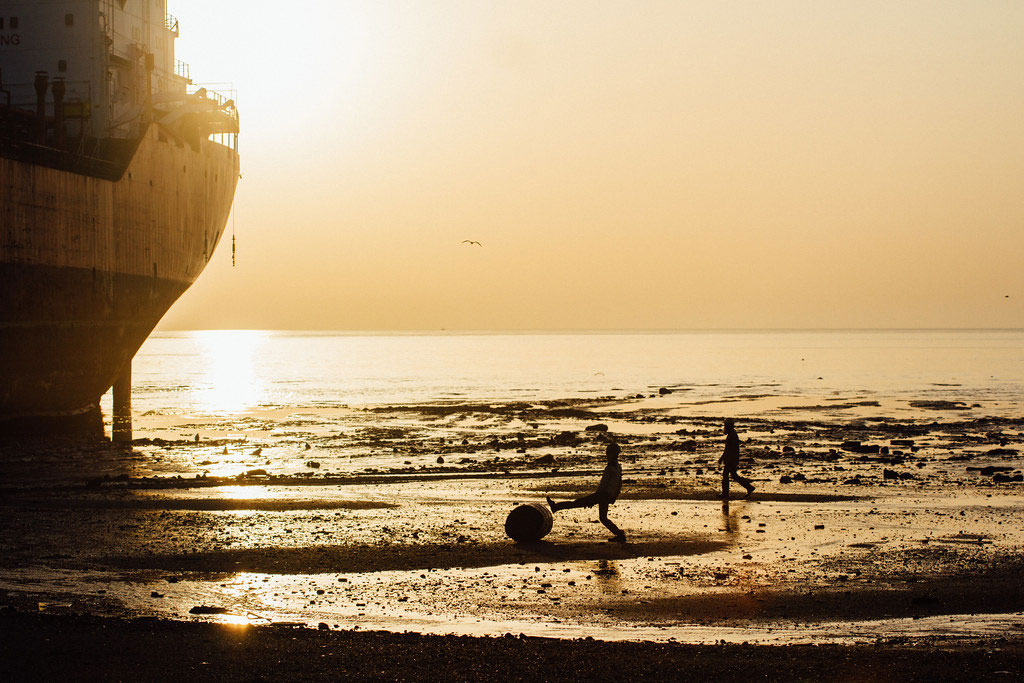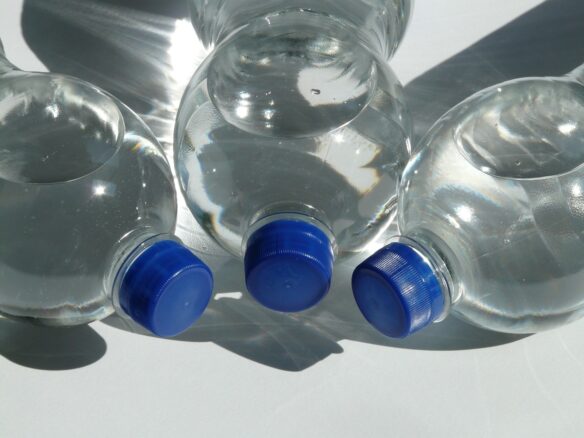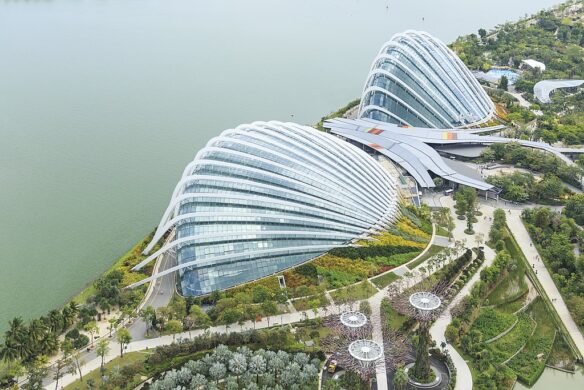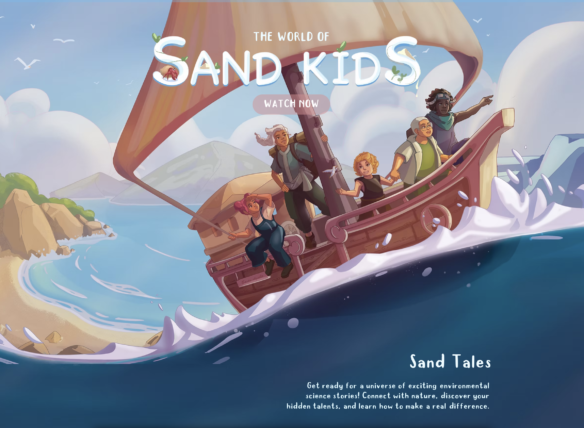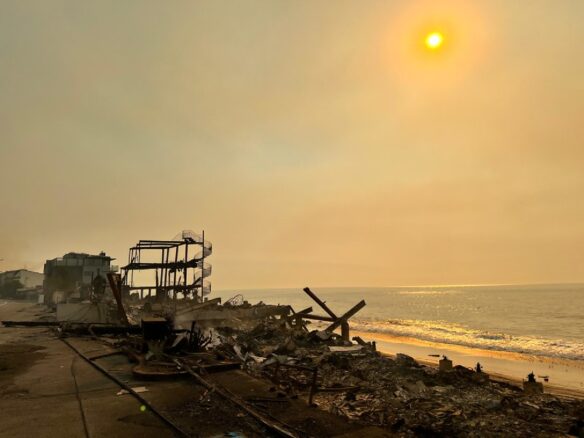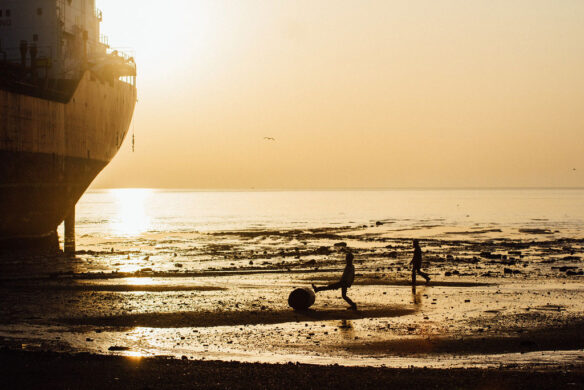
Kicking an Oil Drum, Alang Shipyards, India.
Captions and Photo source: ©© Adam Cohn
Excerpts;
Alang is a graveyard for ships.
Its coastline was once filled with fishing boats — but today the rusting hulks of oil tankers and ocean liners stretch for miles along the shores of this town in north west India…
Read Full Article, BBC (03-18-2020)
Breaking Bad on the Beach, NASA / Earth Observatory (09-28-2014)
Tens of thousands of ships ply the world’s oceans, bays, and rivers. But what happens when those ships have become too old or too expensive to operate? In most cases, they end up on the shores of Asia…literally…
The Ship Breakers; The Atlantic (11-24-2014)
The Ship-Breakers, National Geographic (05-2014)
In Bangladesh men desperate for work perform one of the world’s most dangerous jobs…
Chittagong Beach Ship Breaking Yards, Bangladesh, Guardian UK (05-05-2012)
Stretched along 12 miles of what just a decade ago was a pristine sandy beach, ore carriers, container ships, gas tankers, cruise liners and cargo ships of every size and description are being dismantled by hand in 140 similar yards, at Chittagong beach Ship Breaking Yard, Bangladesh, the world’s second largest ship breaking area. Every year more than 250 redundant ships, many from Britain and Europe, come here to be broken up…
New EU Rules ‘Fail’ Against Shipbreaking Dangers, IPS News (07-17-2013)
The European Parliament’s Environment Committee voted last in favour of a proposal aiming to put an end to European ships being recklessly scrapped in developing countries…
Maersk in hot water for sending ships to notorious scrapping beaches; CPH Post Denmark, (10-17-2016)
Super-sized ships: How big can they get? Independent (10-21-2014)
Despite the physical limits and risks, ships of more than 450m are anticipated within the next five years…
Container ships use super-dirty fuel. That needs to change; WIRED (11-09-2017)
About 90 percent of everything we buy will travel on ships like these at some point. And all of these behemoths burn fossil fuel, contributing significantly to the warming atmosphere and shifting climate patterns…
Ship engine emissions adversely affect the health of inhabitants of coastal regions; Science Daily (07-19-2016)
Ship emissions adversely affect the health of inhabitants of coastal regions. This was the main finding of a study on the influence of ship engine emissions on macrophages in the lungs. Since macrophages also play a key role in lung diseases such as COPD, the study is important for understanding the health risks of ship exhausts…
Sea Traffic Pollutes Our Lungs More Than Previously Thought, Science Daily (11-20-2015)
New data show that the air along the coasts is full of hazardous nanoparticles from sea traffic. Almost half of the measured particles stem from sea traffic emissions, while the rest is deemed to be mainly from cars but also industries and natural particles from the sea…
“FREIGHTENED – The Real Price of Shipping,” a movie by multi award-winning filmmaker Denis Delestrac-©-2016; (03-31-2016)
90% of the goods we consume in the West are manufactured in far-off lands and brought to us by ship. The cargo shipping industry is a key player in world economy and forms the basis of our very model of modern civilisation; without it, it would be impossible to fulfil the ever-increasing demands of our societies. Yet the functioning and regulations of this business remain largely obscure to many, and its hidden costs affect us all. Due to their size, freight ships no longer fit in traditional city harbours; they have moved out of the public’s eye, behind barriers and check points…
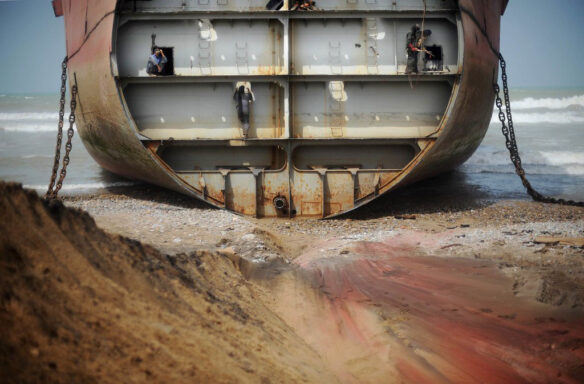
In this photograph taken on July 10, 2012, shipyard workers work on breaking apart the front end of a cargo vessel beached at one of the 127 ship-breaking plots in Geddani, some 40Kms west of Karachi. Geddani’s ship-breaking yards employ some 10,000 workers including welders, cleaners, crane operators and worker supervisors. The yards are one of the largest ship-breaking operations in the world rivaling in size those located in India and Bangladesh. It takes 50 workers about three months to break down a midsize average transport sea vessel of about 40,000 tonnes. The multimillion-dollar ship-breaking industry contributes significantly to the national supply of steel to Pakistani industries. For a six-day working week of hard and often dangerous work handling asbestos, heavy metals and polychlorinated biphenyls (PCBs), employees get paid about 300 USD a month of which half is spent on food and rent for run-down rickety shacks near the yards, a labour representative told AFP. AFP PHOTO / Roberto SCHMIDT
©© Captions and Photo source – Flick’r

